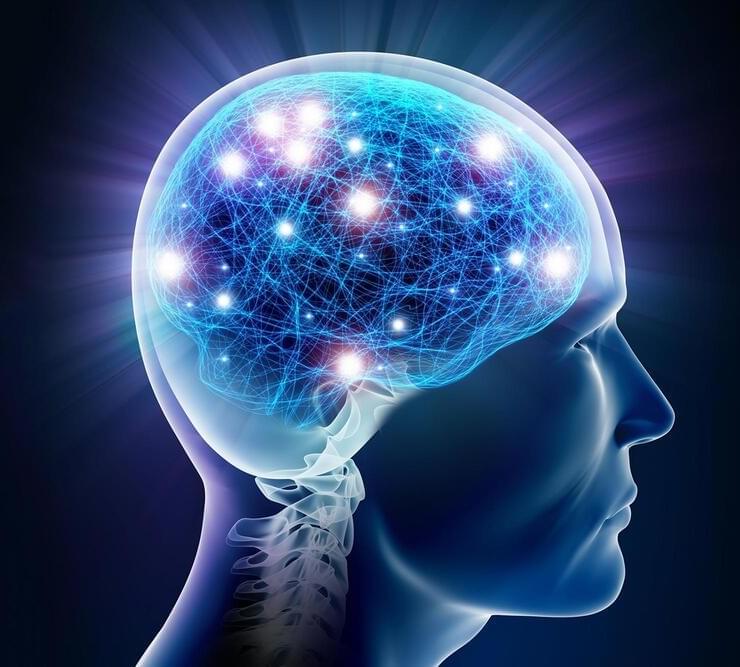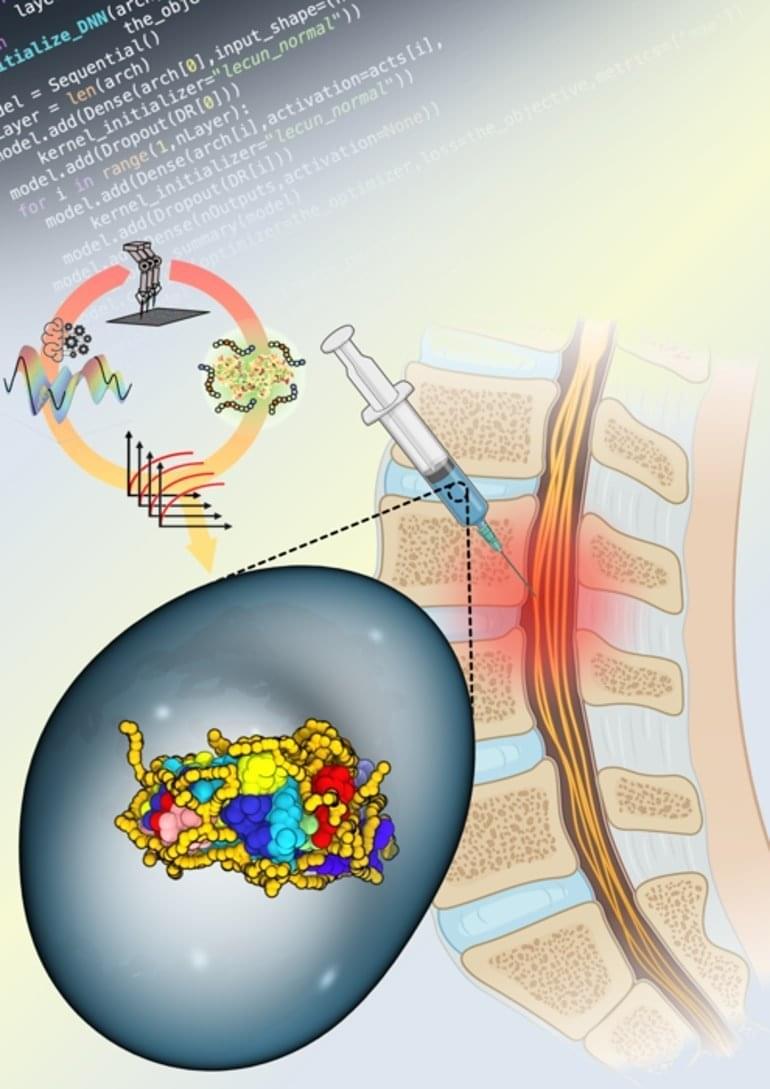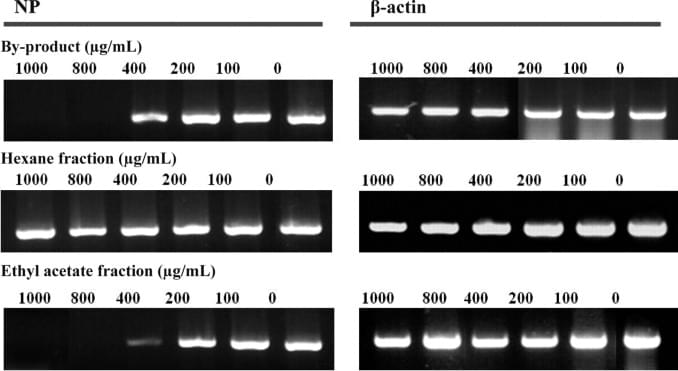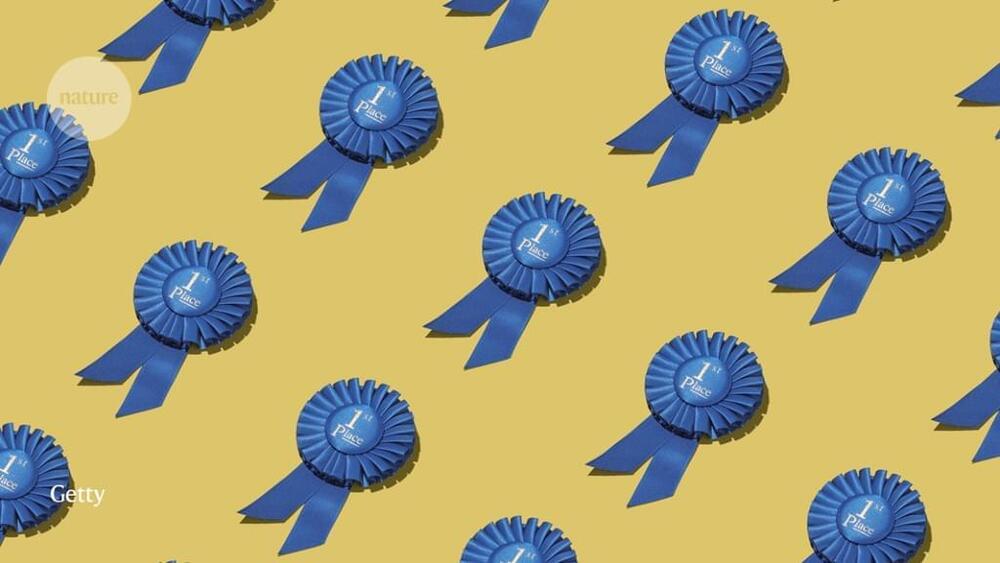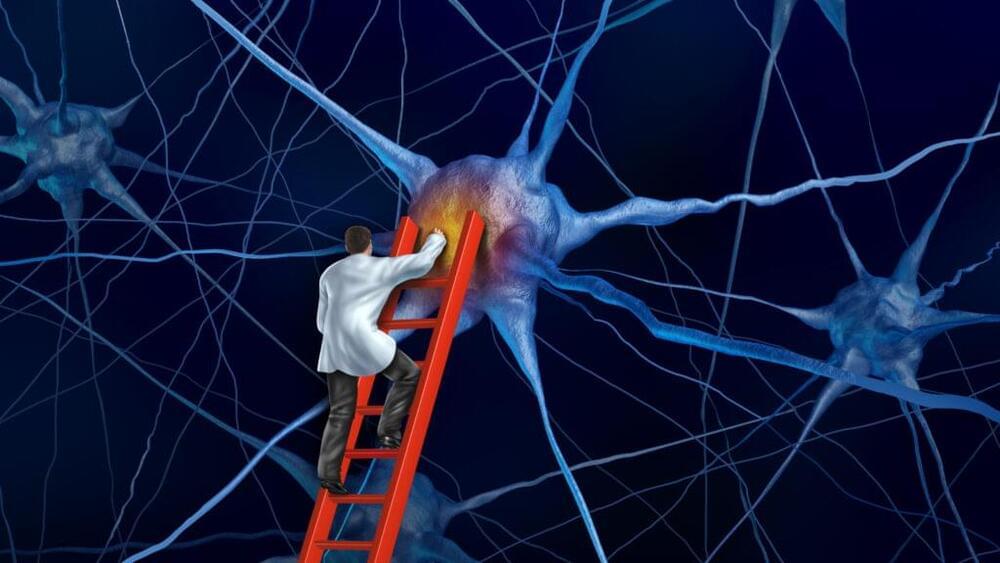NIH-funded study identifies brain cells that form boundaries between discrete events.
Researchers have identified two types of cells in our brains that are involved in organizing discrete memories based on when they occurred. This finding improves our understanding of how the human brain forms memories and could have implications in memory disorders such as Alzheimer’s disease. The study was supported by the National Institutes of Health’s Brain Research Through Advancing Innovative Neurotechnologies (BRAIN) Initiative and published in Nature Neuroscience.
“This work is transformative in how the researchers studied the way the human brain thinks,” said Jim Gnadt, Ph.D., program director at the National Institute of Neurological Disorders and Stroke and the NIH BRAIN Initiative. “It brings to human neuroscience an approach used previously in non-human primates and rodents by recording directly from neurons that are generating thoughts.”
